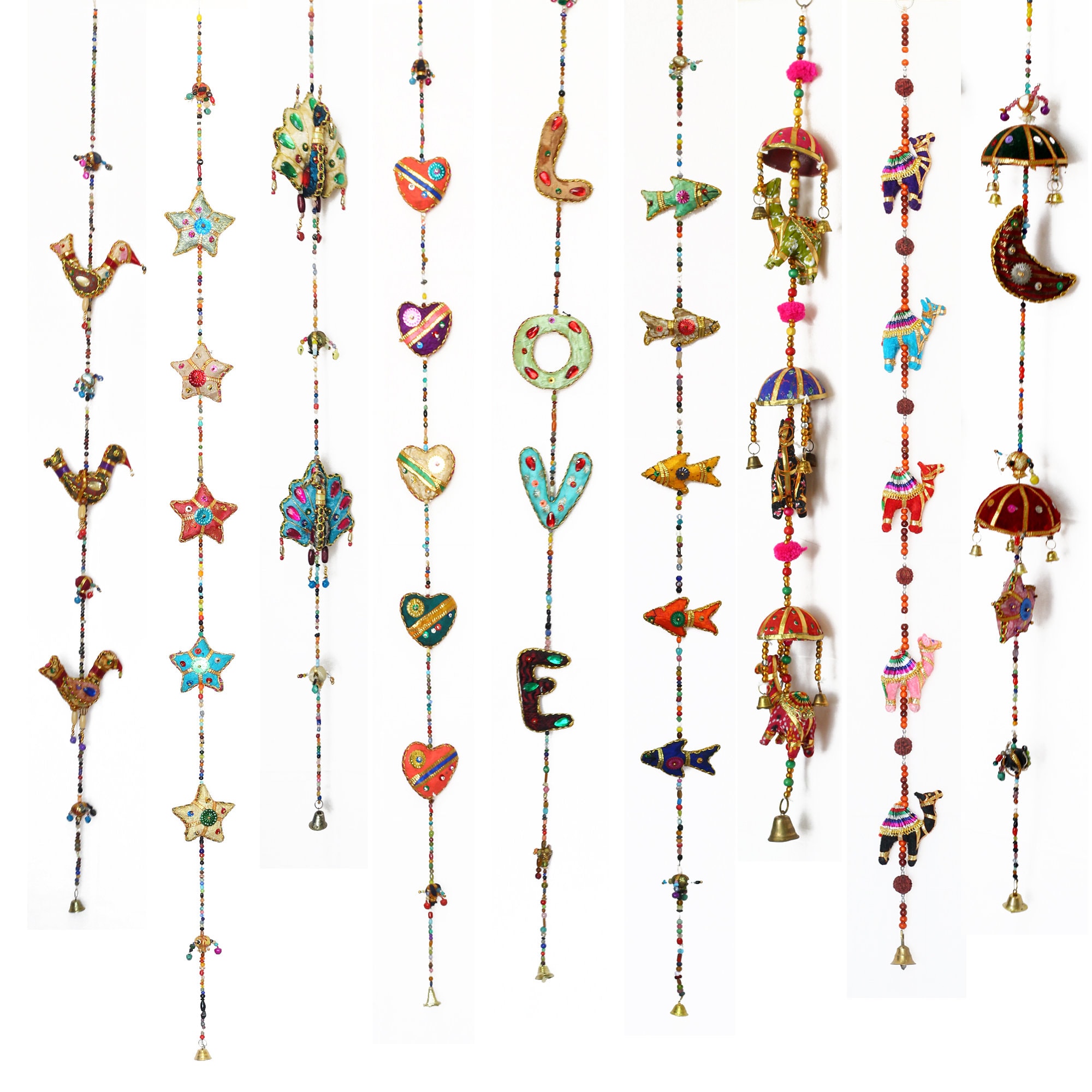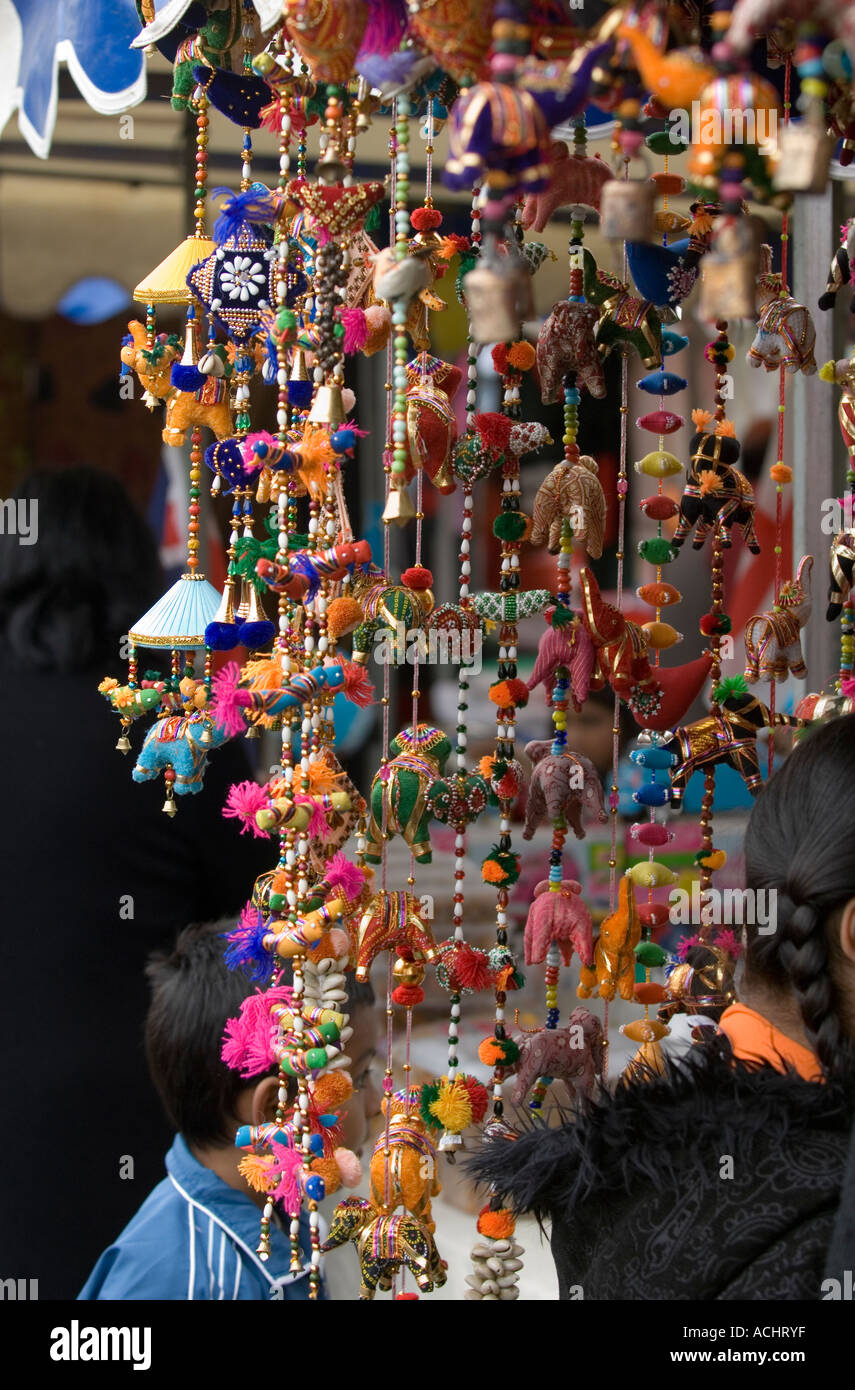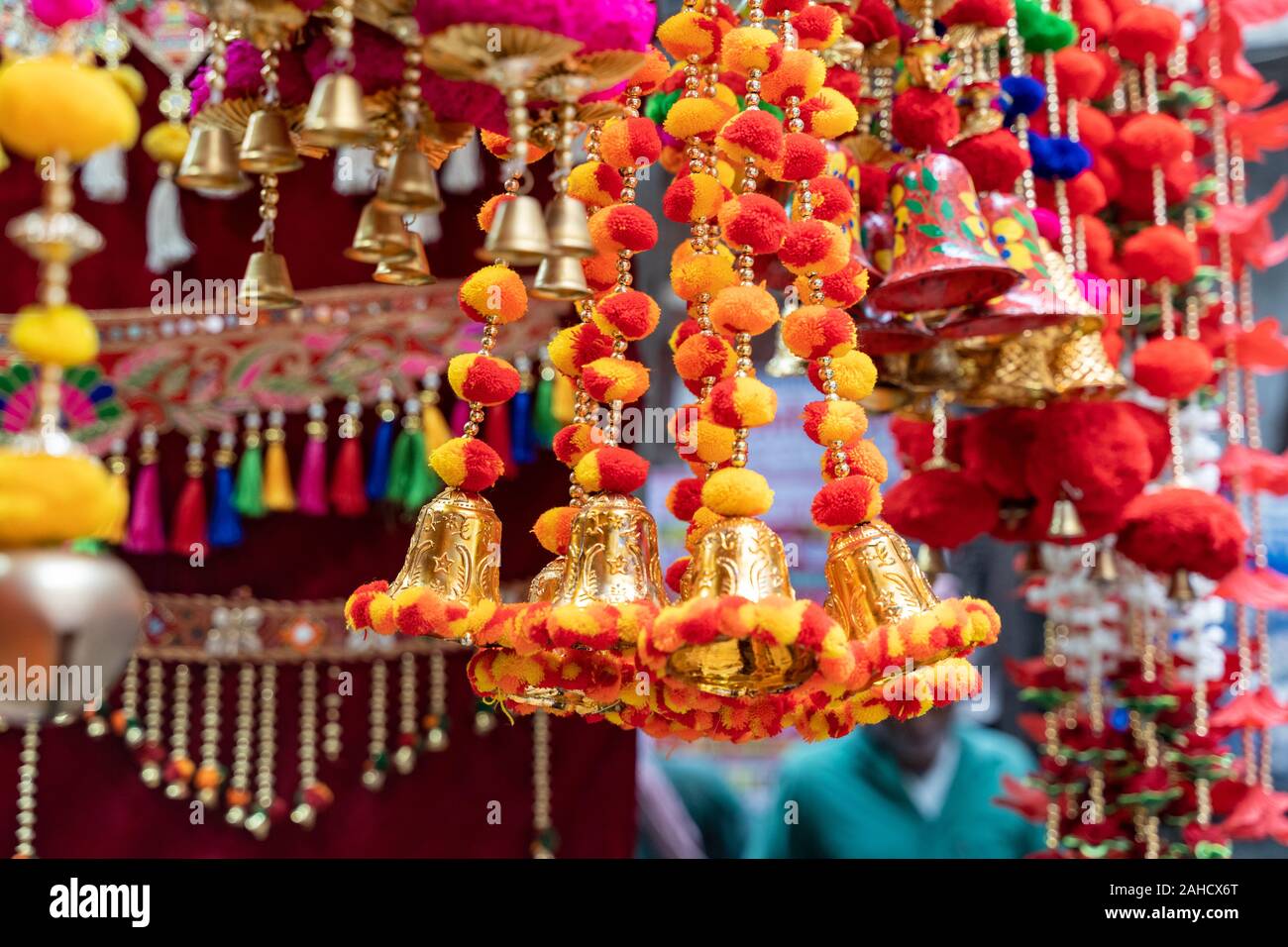Welcome to the vibrant world of Indian hanging decor, where culture, creativity, and craftsmanship meet to create stunning aesthetics for any space. Having spent years curating a collection of beautiful pieces for my home, I can assure you, the right hanging decor can transform your living experience from ordinary to extraordinary.
Understanding Indian Hanging Decor
Indian hanging decor includes a variety of items traditionally used to embellish homes, festivals, and celebrations. From vibrant tapestries to intricate wall hangings, each piece tells a story and reflects the diverse cultural heritage of India.
Historical Significance of Indian Hanging Decor
Historically, hanging decor in India served not just as decorative elements but also as cultural artifacts. Items like kalamkari wall hangings and mandanas were often used in homes to depict religious motifs, seasonal changes, and community celebrations.

The Popular Types of Indian Hanging Decor
1. Tapestries
These are beautifully woven fabrics adorned with traditional Indian designs, often depicting scenes from mythology or nature.

2. Wall Hangings
Wall hangings can range from pattachitra paintings to embroidered pieces. They are generally made of cotton or silk and add a touch of elegance.
3. Dream Catchers
Inspired by indigenous cultures, Indian dream catchers incorporate local materials and designs, creating unique interpretations.

4. Macramé Hangings
This ancient technique involves knotting cords to create beautiful designs and is making a comeback as a popular home decor trend.
5. Miniature Artifacts
These include small figurines and decorative items that are hung to enhance the aesthetic appeal of a space.

Materials Used in Indian Hanging Decor
The choice of materials in Indian hanging decor is vast and contributes significantly to the overall feel of the piece. Here are some common materials:

- Cotton: A widely used fabric for tapestries and wall hangings, known for its durability and ease of maintenance.
- Silk: Often used in luxurious wall hangings and tapestries, silk adds a shimmering quality.
- Wood: Carved wooden hangings are popular for their rustic charm.
- Beads and Threads: Used in macramé and dream catchers, beads add color and texture.
Comparative Overview of Hanging Decor Materials

| Material | Durability | Maintenance | Cost |
|---|---|---|---|
| Cotton | High | Easy | Low |
| Silk | Moderate | Moderate | High |
| Wood | High | Easy | Moderate |
| Beads/Threads | Varies | Easy | Low |
How to Choose the Right Indian Hanging Decor for Your Space
Selecting the perfect Indian hanging decor depends on various factors including your personal style, the size of your room, and the ambiance you want to create. Here are some tips that I’ve found helpful in my own decorating journey:
Consider the Theme of Your Space
Does your room have a contemporary feel, or is it more traditional? Indian decor can blend into many styles, but you’ll want to find pieces that resonate with your existing decor.
Size Matters
Before making a purchase, measure the space you want to decorate. Oversized pieces can overwhelm a small room, while tiny decorations can get lost in a large space.
Color Harmony
Look for hanging decor that complements your color scheme. Bright, vibrant colors can make a statement, while subdued tones provide a more calming effect.
Paint Swatches and Fabrics
Bring paint swatches and fabric samples when shopping to ensure the colors match well with your existing decor.
Where to Buy Indian Hanging Decor
There are numerous places to find stunning Indian hanging decor. Here are some recommendations based on personal experiences and reviews:
Local Craft Stores
Visiting local craft stores is an excellent way to find unique pieces that may not be available online.
Online Marketplaces
Websites like Etsy and Amazon offer vast selections of handmade and traditional Indian hanging decor.
Indian Art Galleries
Many galleries specialize in Indian art, providing authentic pieces that are often accompanied by stories of their creators.
Tips for Maintaining Your Indian Hanging Decor
To ensure your hanging decor retains its beauty over time, follow these maintenance tips:
- Regular Dusting: Use a soft cloth or feather duster to keep your decor dust-free.
- Spot Cleaning: For fabric pieces, spot clean with a damp cloth to remove stains.
- Avoid Direct Sunlight: Prolonged exposure to sunlight can fade colors, so choose placement wisely.
Pros and Cons of Indian Hanging Decor
Pros
- Adds cultural richness to your space.
- Variety of styles and designs available.
- Versatile for different decor themes.
- Can be handmade, adding uniqueness.
Cons
- Some pieces may be costly.
- Requires maintenance and care.
- Can be overwhelming in small spaces if not chosen wisely.
Personal Experiences with Indian Hanging Decor
Reflecting on my journey with Indian hanging decor, I remember my first purchase: a vibrant kalamkari tapestry that brightened my living room. I was initially unsure of how to incorporate it, but after experimenting with various placements, I found the perfect spot that made it the centerpiece of my decor. Visitors often comment on how it adds warmth and a unique cultural intrigue to my space.
Moreover, I’ve enjoyed collecting various smaller pieces over time. Each addition tells a story of its own, and they all contribute to a cohesive theme that feels true to my personality and heritage.
FAQs About Indian Hanging Decor
1. What is the best way to hang Indian decor pieces?
The best way to hang Indian decor pieces depends on their weight and size. Lightweight pieces can be hung with adhesive hooks, while heavier tapestries may require nails or picture hooks to ensure they stay in place.
2. How can I style my Indian hanging decor?
Mix and match different types of hanging decor to create a gallery wall. Pair textiles with framed art for contrast, or use similar color palettes to keep a cohesive look.
3. Can I use Indian hanging decor in modern homes?
Absolutely! Indian hanging decor can beautifully contrast modern decor, adding warmth and a hint of tradition. The key is to balance the elements to create a harmonious environment.
4. What kind of maintenance do Indian hanging decor pieces require?
Maintenance varies by material. Regular dusting and spot cleaning are recommended for fabric pieces, while wooden decor can be cleaned with a soft cloth and occasionally polished to maintain luster.
Conclusion
Indian hanging decor is more than mere decoration; it is a celebration of art, culture, and creativity. Whether you choose to adorn your walls with batik tapestries or vibrant macramé, each piece will surely tell a story and enhance the overall ambiance of your home.
As my experience shows, incorporating Indian hanging decor can be a rewarding venture, breathing life into your space while keeping cultural heritage alive. So why not start your collection today? Your walls are waiting for a splash of Indian artistry!